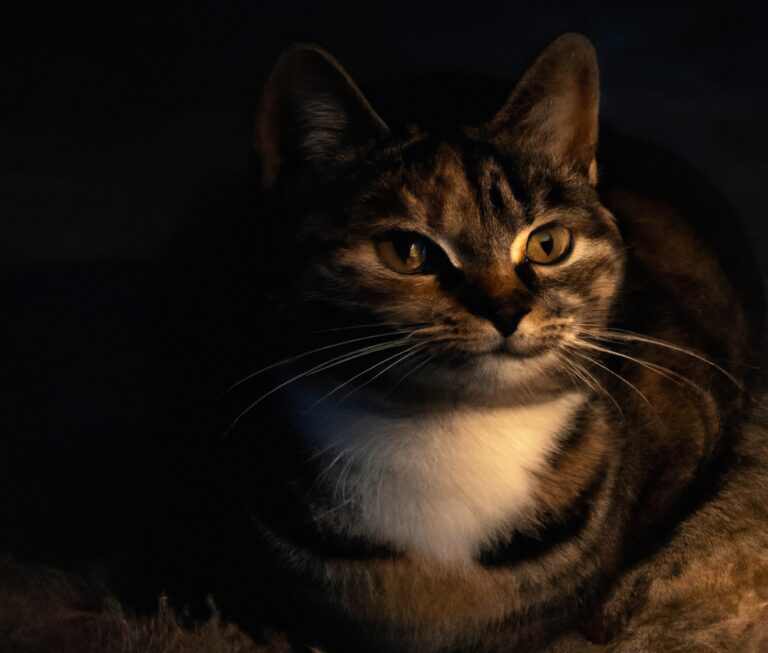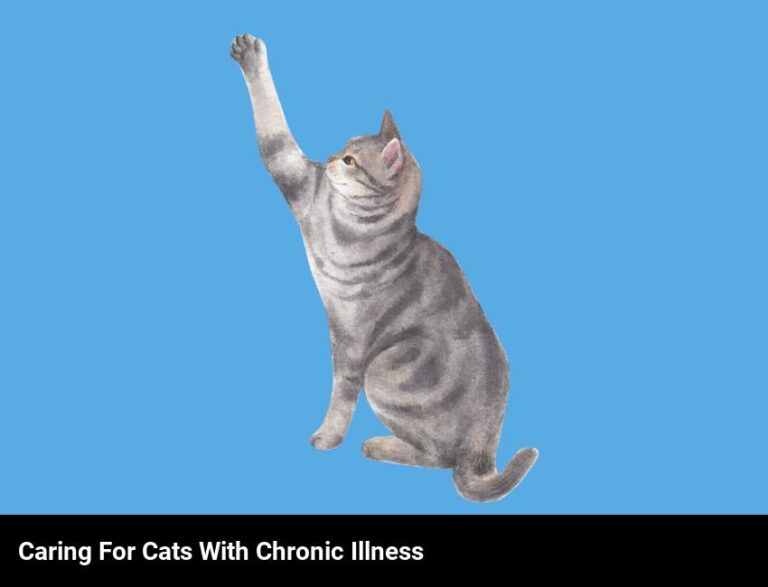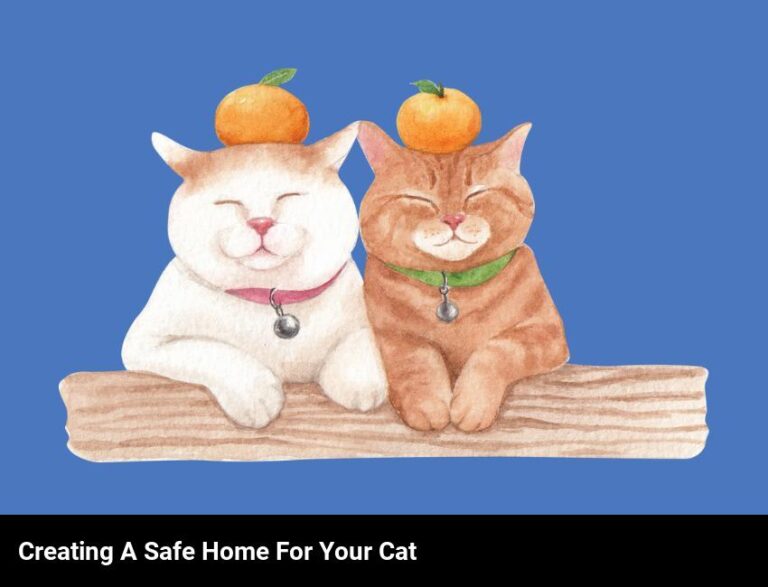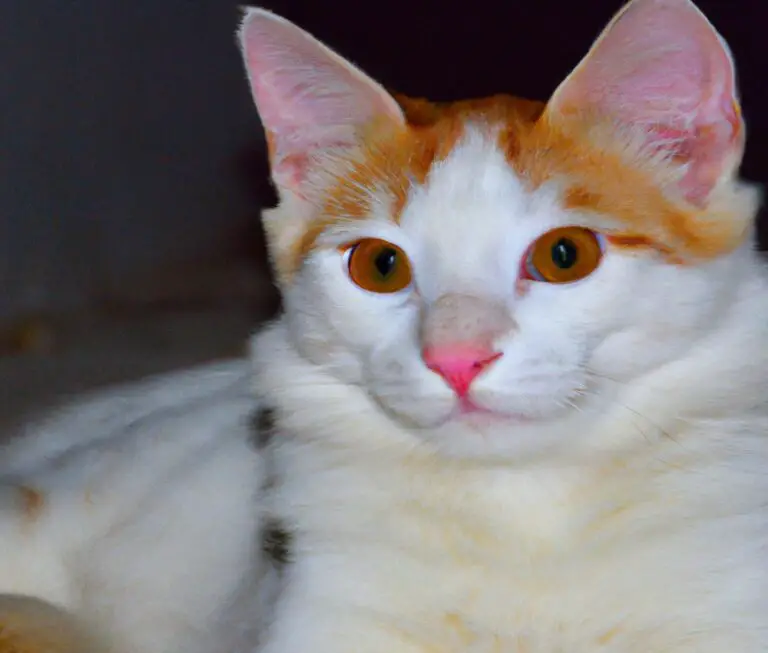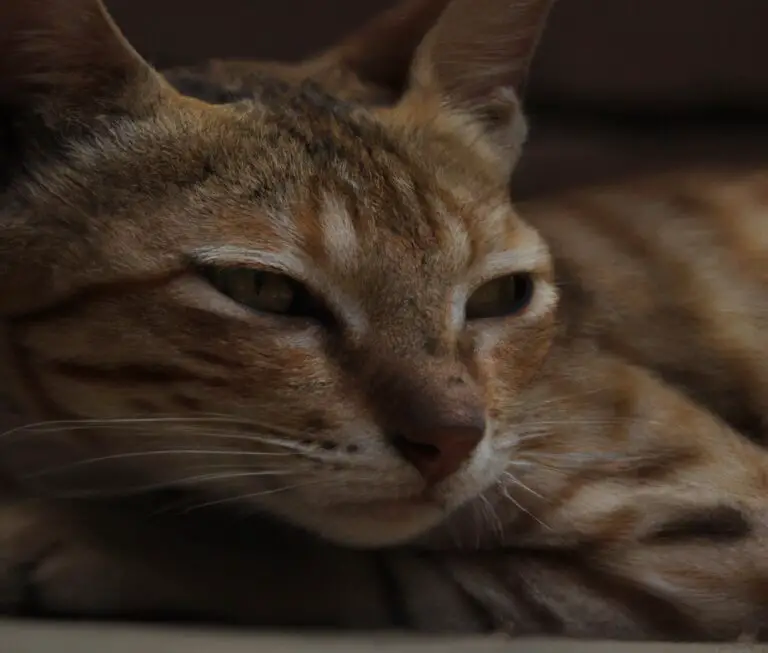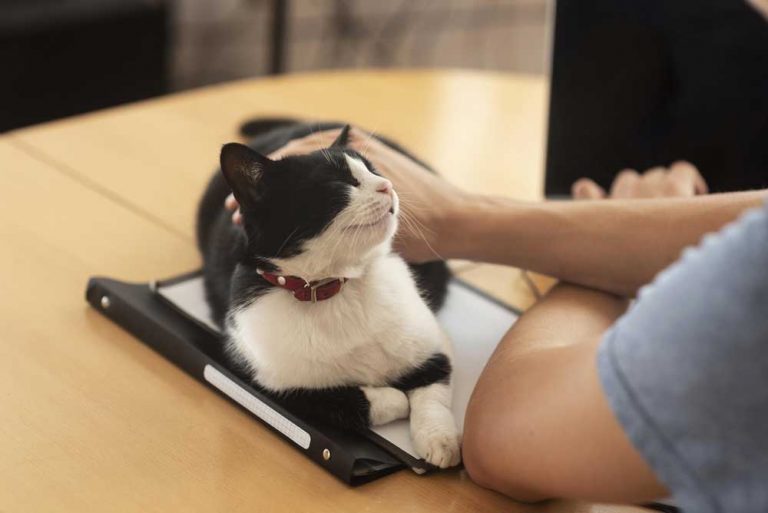Can Cats Eat Cheese?
Cats are referred to as obligate carnivores which means that their food should consist of mainly meat at all times.
This is because the flesh of other animals is the only food they can digest properly as they lack the ability to digest other types of food.
Well, cheese is made from milk which is a product of animals. With a variety of types, you may wonder if it’s okay to feed your pet this animal product.
After all, cats always seem to want cheese as they are drawn by its smell. But is it safe for them?
Can you feed your pet some good old cheese? Let’s find out.
Can cats eat cheese?
Cats can eat cheese but it’s not one of the healthiest things you should be feeding them. Although it’s a good source of protein that cats require, most cats are lactose intolerant making cheese bring them stomach upsets, vomiting, and diarrhoea. Cheese also leads to health risks like obesity and kidney problems. Though it’s not part of the toxic foods that you should never feed your cat, its health risks outweigh its benefits.
When would you feed your cat cheese
Cat owners will be tempted to feed their pet cheese once in a while. They may offer it as a sweet treat or as a way of hiding medication.
Cheese is a good way of offering that pill your pet should take. You can hide it inside a small slice and feed it to your pet then voila! They have taken their medicine.
However, you should only feed cheese to lactose tolerant cats and in small amounts. A small cube size amount offered several times a year is okay as a treat and not as a frequent snack.
It’s also wise to pick out healthier options of cheese as some may be safer than others. For instance, cottage cheese is a good option as its low in lactose, fat, and sodium.
Also, when giving cheese to hide medication you should ensure that it’s okay for the medication to be given with food as some may be prescribed to be taken before meals. Ascertain the correct medicine administrations with your vet.
It’s also inadvisable to feed them pills with cheese for medication that has to be taken for a long time. This could make your pet fall sick after a while because you will be feeding them high quantities of cheese.
Risks of feeding cheese to your cat
Cheese is a good source of protein but it’s not a natural food for cats. It’s a bad alternative for meat that they do not need.
Although it would serve as a delicious treat for your cat which they will love, cheese has various health risks and more so if fed in high amounts.
These risks include:
Stomach upsets
Most adult cats are lactose intolerant making them not able to take milk. They have a sensitive digestive system which makes them unable to produce the required enzymes to break down lactose present in cheese.
Cheese has high protein levels and this will cause them to have stomach upsets. It may lead to bad cases of diarrhoea and vomiting in your pet.
Obesity
Cheese has high amounts of fat and calories. Feeding your pet cheese will make them gain unhealthy weight which will lead to obesity.
Obesity is a serious condition that lowers your pet’s immunity making them prone to diseases like diabetes. It may also lead to issues like lethargy, skin disorders, and chronic inflammations, while also shortening their lifespan.
Kidney problems
Some types of cheese contain a lot of salt that is not good for cats. High salt content makes your pet dehydrated to a point of craving more water than normal and peeing unusually too.
Salt will lead to an imbalance of sodium in the body which ultimately causes kidney problems. The salt also leads to hypertension.
Do cats love cheese?
Cheese is sweet and most cats will love it. Cats have the ability to sniff out nutrients from a certain food making them able to smell the proteins and fat in cheese.
Can kittens eat cheese?
Young kittens are not yet lactose intolerant as they feed on their mother’s milk making you wonder if you can safely feed them cheese. However, kittens are weaned at 4 weeks of age around the time which their ability to digest lactose begins to reduce.
So by the time they are weaned and eating solid foods, they have already started becoming lactose intolerant. Kittens have an underdeveloped digestive system too.
These two reasons coupled together make cheese out of the question for kittens.
Can cats eat non-dairy cheese?
Dairy may bring about undesirable effects to your pet making it better to get them non-dairy cheese instead. Non-dairy cheese will not contain the lactose that has adverse side effects.
Unfortunately, it still contains fat and high salt content which may be harmful to your pet. Some kinds even have spices and toxic ingredients like garlic making non-dairy cheese unsafe as well.
Cheese alternatives for your cat
Seeing how unhealthy cheese is for your pet, you may decide to feed them safer alternatives. Whether you are offering treats, snacks, or medication, you can give them healthy alternatives like:
- Cooked foods like eggs and fish.
- Fruits like bananas and watermelons without seeds.
- Cooked veggies like carrots and broccoli.
- Raw or cooked chicken breast.
Conclusion
Cats can eat cheese though it’s not a necessary food for them as they are better off feeding on healthier food options like chicken breast, fish, cooked veggies, and fruits.
Though it’s a good source of protein, a component that cats require, the health risks of cheese outweigh its benefits.
High amounts of cheese may lead to stomach upsets, obesity, kidney problems, and low immunity in cats.
Most cats are usually lactose intolerant making cheese a bad food choice for them that will only make them sick.
If you still want to feed your pet cheese, whether as a treat or to hide medication, give them a small dice-size amount and only as rarely as a few times a year.


